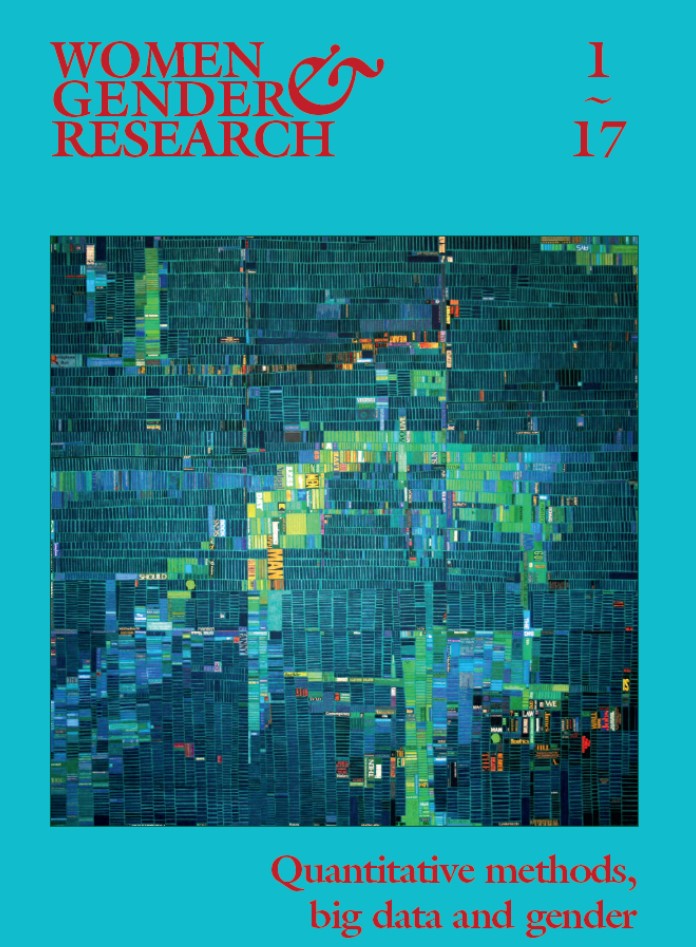The Development of Gender-Responsive Indicators: Towards a Participatory Approach
DOI:
https://doi.org/10.7146/kkf.v26i1.109790Nøgleord:
Big data, gender-responsive indicators, participatory research approach, evidence-based policy makingResumé
There is an increasing level of importance around evidence-based policy making and a growing interest in big data in the field of gender equality. Most of the research has been about the amount of data, so much less is known about the quality of data that is needed to be transformative and which indicators should be selected. Poorly selected indicators often lead to the representation of simplified social realities and tend to reproduce gender stereotypes. Thus, one of the biggest challenges in big data is the development of quantitative and qualitative gender-responsive indicators that take into account the contextual interpretation of concepts such as wellbeing and the social realm of beneficiaries. Given this background, the aim of this paper is to highlight the importance of the indicator development and selection process as a crucial step towards gender equality. We argue that a participatory research approach, involving the social contexts of involved stakeholders and target groups, offers a promising way to collaboratively improve indicators. This approach allows the development of indicators, which measure policy impacts from an all-inclusive gendered perspective and consider the complexity of programme implications and social conditions.
Downloads
Publiceret
Citation/Eksport
Nummer
Sektion
Licens
Udgivelser i Kvinder, Køn og Forskning er beskyttet under Creative Commons License: CC Attribution-NonCommercial 4.0

